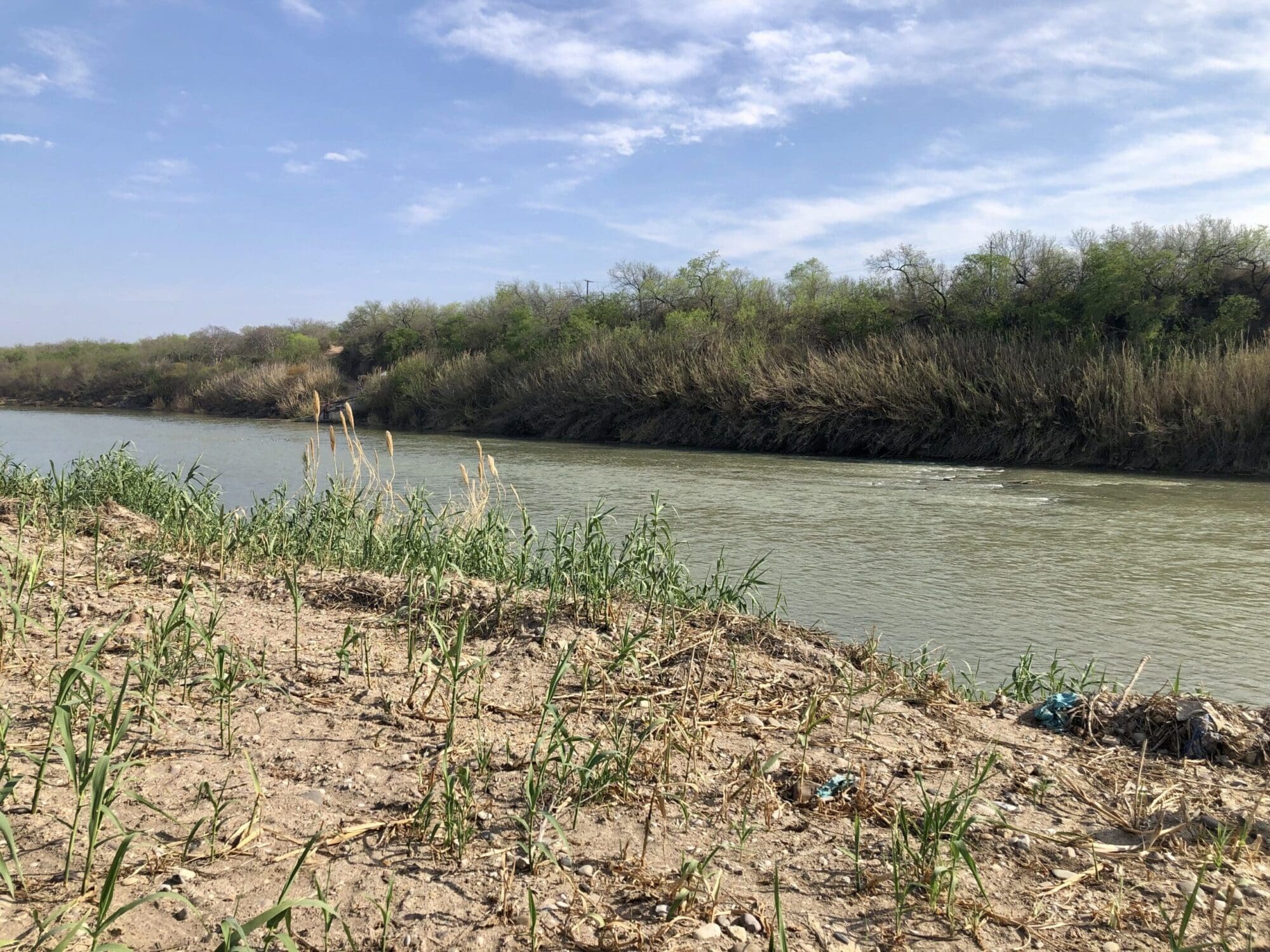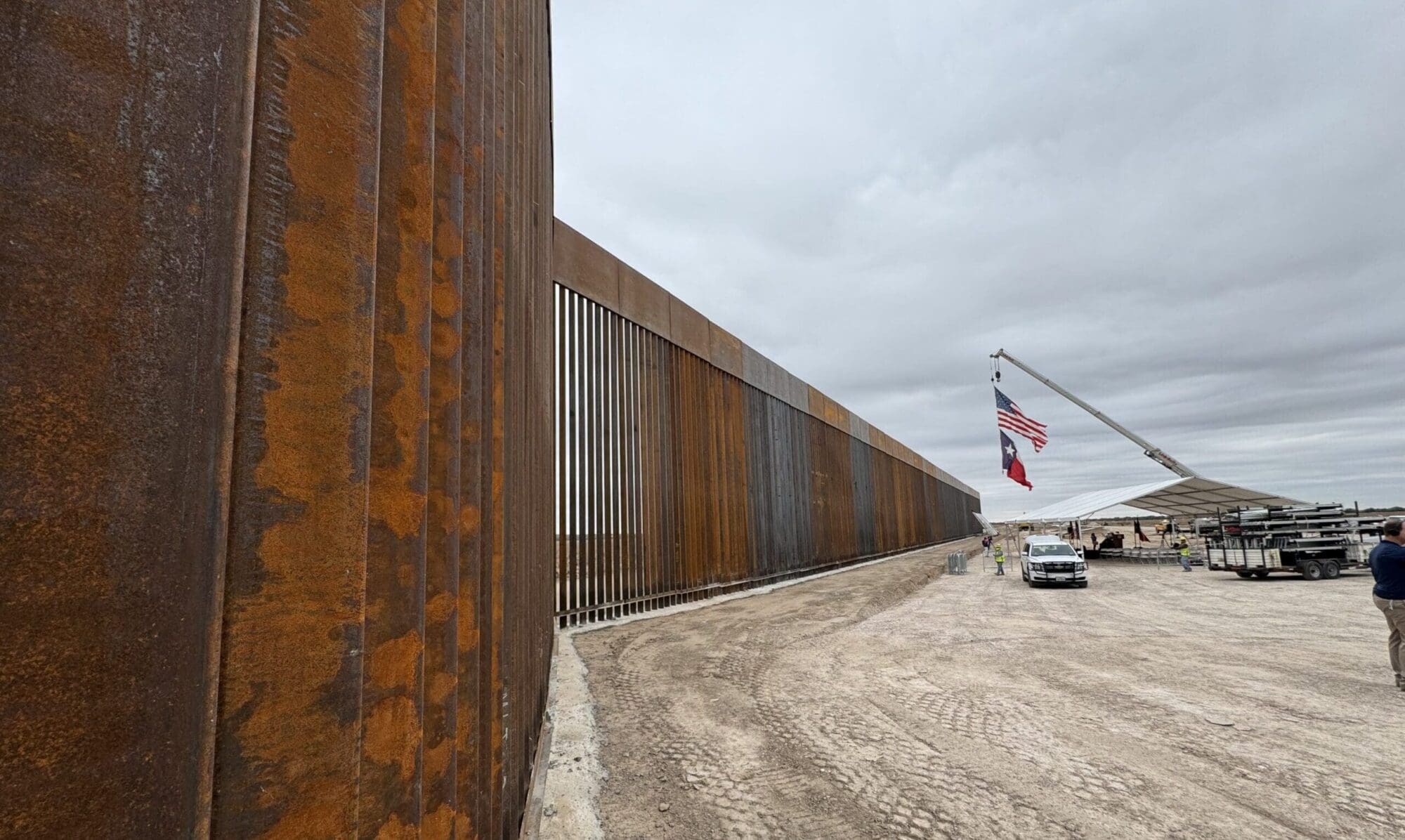Agriculture Commissioner Sid Miller recommends that Texas become more self-reliant when it comes to water. The South Rio Grande Valley has been suffering from water shortages in recent years because Mexico is not adhering to its 1944 Treaty with the United States.
“We’re out of water, especially in the Rio Grande Valley,” Miller told KHOU 11 recently.
The U.S. has been in a water distribution treaty with Mexico since 1944. According to the treaty, Mexico was to deliver approximately 350,000 acre-feet of water annually to the South Rio Grande Valley. In turn, the United States was to distribute 1.5 million acre-feet of water to Mexico annually from the Colorado River.
While the U.S. has been delivering its agreed-upon part according to the treaty, Mexico has not. Mexico started to fall behind in delivering water from the Rio Grande in 2020. According to the Texas Public Policy Foundation, the agricultural community in the South Rio Grande Valley was the first to suffer from insufficient water deliveries from Mexico.
In an op-ed Miller commended U.S. Sen. Ted Cruz, U.S. Sen. John Cornyn, and U.S. Rep. Monica De La Cruz (R-15) for joining him in calling out Mexico for not honoring the 1944 Treaty.
“But let’s be clear—Texans can’t sit around waiting on Washington, D.C or Mexico. It’s time for Texans to roll up our sleeves and take charge of developing our own water-generation solutions across our great state,” stated Miller.
He is calling for Texas to fully maximize its resources by prioritizing catching stormwater, reusing treated waters, upgrading the efficiency of delivery systems, increasing storage capacity, and ensuring long-term water movement across Texas.
Miller recommends funding the projects through various avenues that Texans already pay for, such as the Texas Water Development Board, Texas Department of Agriculture grants, and various federal infrastructure programs.
Texas Public Policy Foundation Senior Fellow for Water Policy, Larry French, told Texas Scorecard that many of the commissioner’s ideas are very feasible and on target in identifying significant challenges the state is facing concerning water supply, especially for the agricultural industry.
French explained that there are many promising projects to address the water crisis and significant support from Texas leadership; however, it will take time and money.
Last year, Texas voters approved Proposition 6, which created the Texas Water Fund and allocated $1 billion from the state surplus to fund water projects.
“Water is heavy and it takes energy to move it, so it’s just unavoidable that there’s going to be some significant cost to it, but the costs of doing nothing—the Water Development Board is project[ing] there’d be probably over $150 billion in economic losses if we do nothing about it. So that’s not an option that we can consider,” said French.
No ads. No paywalls. No government grants. No corporate masters.
Just real news for real Texans.
Support Texas Scorecard to keep it that way!





